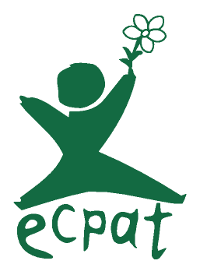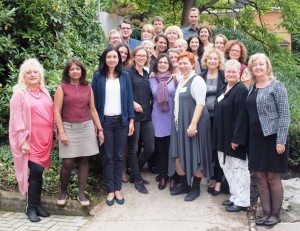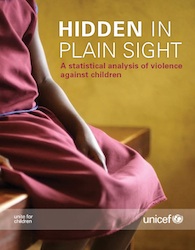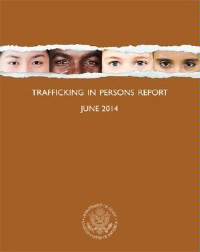On 21-22 October, ECPAT Belgium attended the EU Civil Society Platform Against Trafficking in Human Beings in Brussels. The aim of the meeting was to make public the last three reports from the European Commission and to prepare civil society recommendations for the next EU Commission Strategy post-2016. The two-days seminar was introduced by speeches from Member States representatives who declared themselves eager to take a stronger stand against trafficking in human beings.

The Commission presented the Mid-term report on how the European Commission implemented the EU strategy towards the Eradication of Trafficking in Human Beings 2012-2016.
The Commission also presented a second statistical report on trafficking in human beings in the European Union. Key findings list more than 30 000 victims in the 28 EU countries between 2010 and 2012, of which 80% were female & 69% were trafficked for sexual exploitation and including over 1 000 trafficked children.
The civil society organisations worked also together to make a list of recommendations on a wide spectrum of areas to update and improve European legislation as for after 2016.
Copyright ECPAT Belgique « Stop à l’exploitation sexuelle commerciale des enfants »






